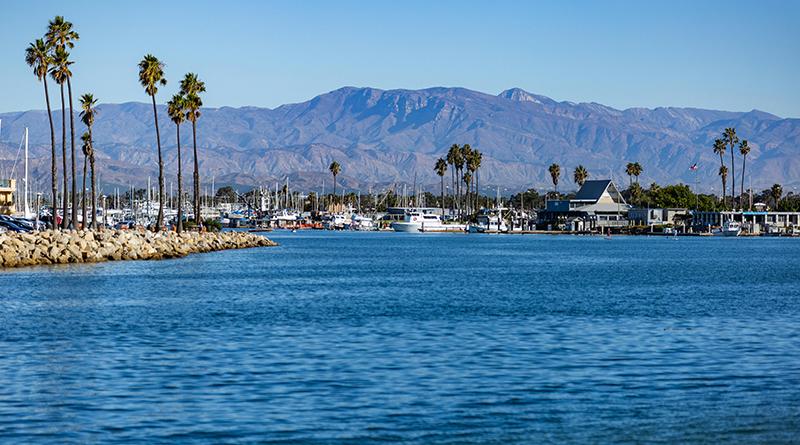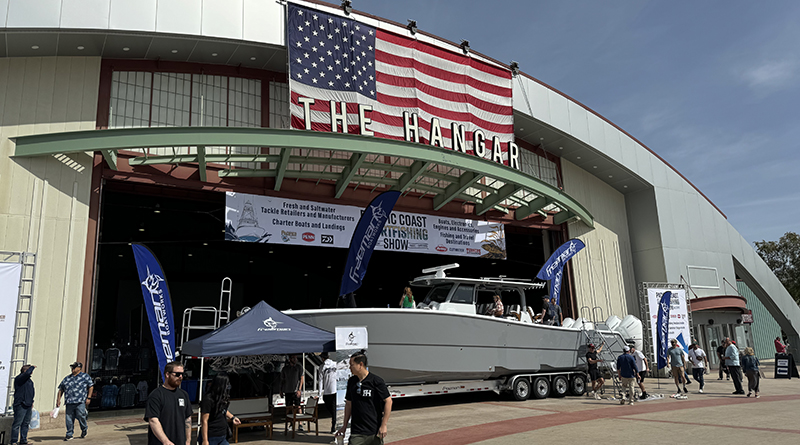Question:
My wife and I own a 48-foot motor yacht in partnership with another couple. The partnership has worked well for three years, but we are now interested in buying out our partners and becoming the sole owners of the boat. All four of us are currently listed as owners on the Coast Guard Certificate of Documentation, but we do not otherwise have anything in writing concerning the partnership or the ownership of the boat. We made a fair offer to our partners for the purchase of their half of the boat, but they rejected it and countered with a number that was ridiculously high. How do we get past this obstacle? Can we force them to accept our offer if we can prove that it was fair based on the boat’s current market value?
Answer
Our reader has put a lot on the table, starting with the fact that his boat is owned by four partners under a verbal partnership agreement – or more accurately, no agreement at all. I’ll start by answering his specific question – – – no, he can’t force his partners to accept his offer, regardless of whether it was “fair.”
The law in California governing partnerships is based on the Revised Uniform Partnership Act of 1994 (“RUPA”), codified in California Corporations Code at §§ 16100–16951. These rules apply when a partnership agreement exists but does not address a particular issue. Or, as in our readers case there is no partnership agreement at all, the provisions of RUPA basically become the agreement. A “partnership” is defined under RUPA as “an association of two or more persons to carry on as co-owners a business for profit.” And while the ownership of a recreational vessel will not be characterized as a business for profit, the provisions of RUPA will probably control the relationship in the absence of a written agreement.
RUPA Articles 5 and 6 address the “disassociation” (withdrawal) of a partner. Most of these provisions deal with a partner’s wish to voluntarily leave the partnership, or the expulsion of a partner after wrongdoing or bankruptcy. In the absence of a written partnership agreement, there is no provision that allows for an involuntary expulsion of a partner under the conditions described by our reader. And, if our reader were to try to force his partners to accept his “fair” offer through litigation, the court would likely order the dissolution of the partnership through the sale of the boat. So it appears that in this case, our reader is stuck with his partners.
In hindsight, it’s clear that he and his partners should have drafted and executed a written partnership agreement when they acquired the boat. I will add that this is only an obstacle when, as here, the partners are unable to reach an agreement regarding the buyout of the departing partner’s interest. If our reader’s offer had been accepted, or if our reader were to accept the departing partner’s counter-offer, the transaction would proceed under the terms of the accepted offer or counter-offer. However, this transaction raises another issue relating to the assessment of sales or use tax.
The California Department of Tax and Fee Administration (“CDFTA” – formerly the Board of Equalization) considers the sale of tangible personal property (such as a boat) by a co-owner to be taxable, and use tax will be assessed based on the amount of the sale. It seems that the resolution of any problem will likely give rise to another problem! This problem may, however, be prevented with some careful planning involving the formation of an LLC.
A limited liability company is a legal entity similar to a corporation. When partners are considering the purchase of a boat, they should consider forming an LLC prior to the purchase, and taking title in the name of the LLC. This will not avoid the assessment of sales or use tax at the time of the purchase (an LLC is a taxpayer like the rest of us), but it will prevent the assessment of tax in future transactions, whether relating to the withdrawal of a partner as described above or the sale of the entire LLC. This is because ownership of the boat is not changing (the LLC remains the owner regardless of the members that are added or deleted from ownership of the LLC), and the recorded title remains in the name of the LLC on the Coast Guard records.
Looking once more at our reader’s proposed transaction, an LLC Operating Agreement is similar to a partnership agreement, and it may be drafted to address the partnership issues addressed above. More importantly, he may take advantage of the LLC use tax strategy even after the partners took title in their own names, by transferring the boat into an LLC in exchange for a commencing equity interest in the LLC. California Code of Regulations, Title 18, sec. 1595(b)(4) provides that the transfer of a boat to a “commencing Company” in exchange solely for an interest in the commencing Company is not a sale, because the interest received by the transferor is not regarded as having measurable value at the time of the transfer. As such, no sales or use tax is assessed on the transaction. This won’t help our reader in his quest to force his partner to sell his share today, but it will provide a structure to prevent future problems.
As always, an experienced maritime attorney (or tax attorney) should be consulted if you are confronted with a problem like this. But our reader’s goals will be easier to achieve if he follows the steps described above.
David Weil is licensed to practice law in the state of California and as such, some of the information provided in this column may not be applicable in a jurisdiction outside of California. Please note also that no two legal situations are alike, and it is impossible to provide accurate legal advice without knowing all the facts of a particular situation. Therefore, the information provided in this column should not be regarded as individual legal advice, and readers should not act upon this information without seeking the opinion of an attorney in their home state.
David Weil is the managing attorney at Weil & Associates (www.weilmaritime.com) in Seal Beach. He is certified as a Specialist in Admiralty and Maritime Law by the State Bar of California Board of Legal Specialization and a “Proctor in Admiralty” Member of the Maritime Law Association of the United States, an adjunct professor of Admiralty Law, and former legal counsel to the California Yacht Brokers Association. If you have a maritime law question for Weil, he can be contacted at 562-799-5508, through his website at www.weilmaritime.com, or via email at [email protected].





